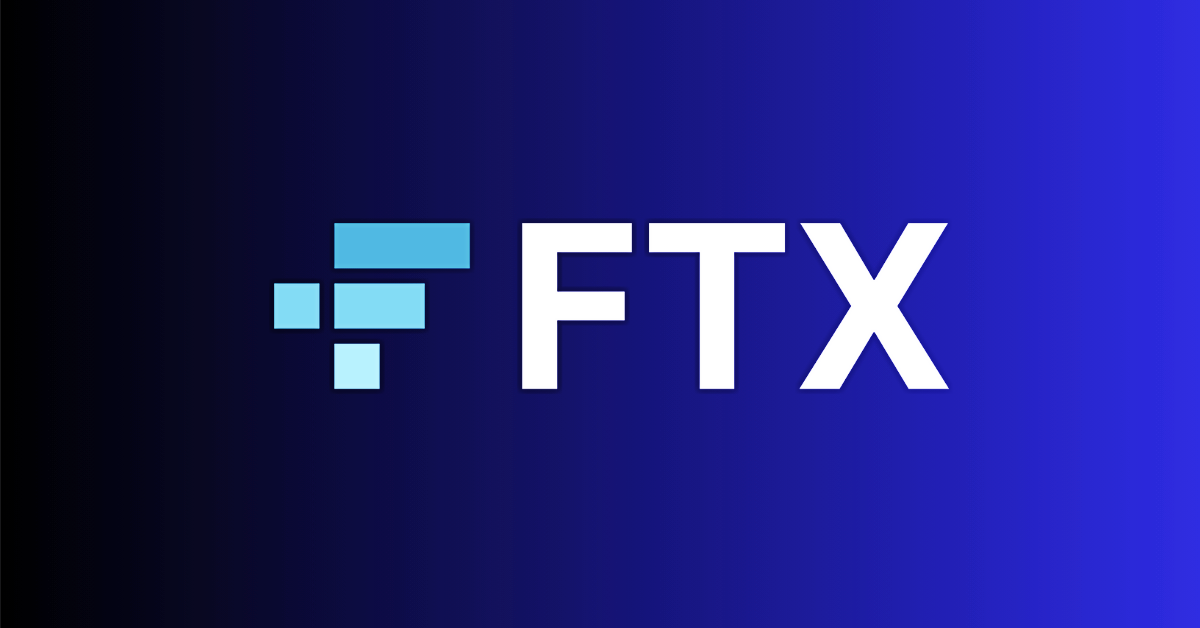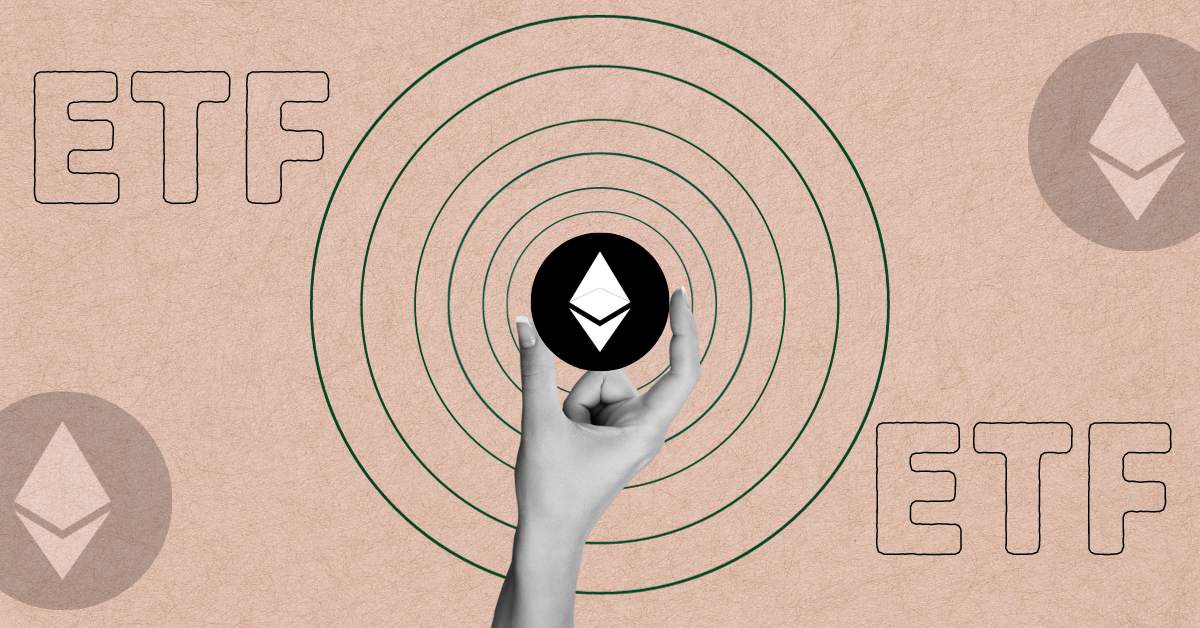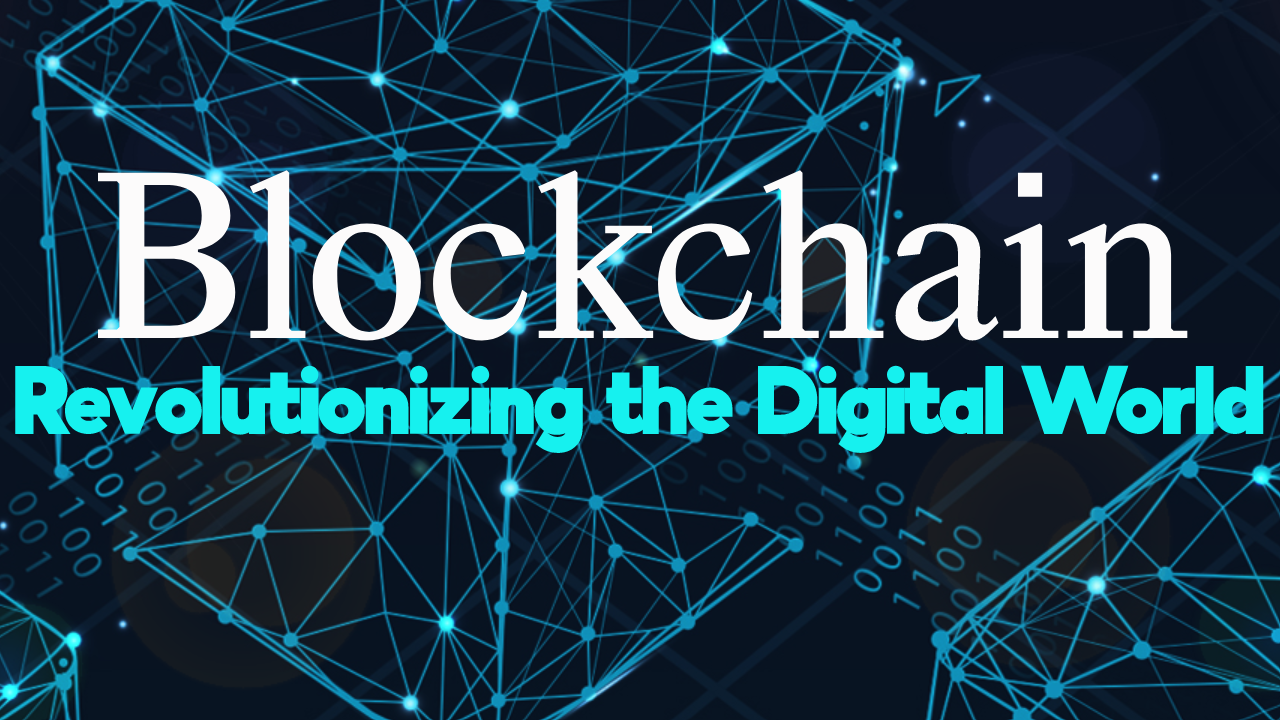
Blockchain Technology Revolutionizing the Digital World
Blockchain technology has been making waves in the digital world, with its potential to revolutionize various industries and transform the way we conduct transactions. It is a decentralized system that allows for secure and transparent record-keeping of data, without the need for intermediaries such as banks or governments. In this article, we will delve into the intricacies of blockchain technology, its uses, and its impact on our society.
What is Blockchain Technology?
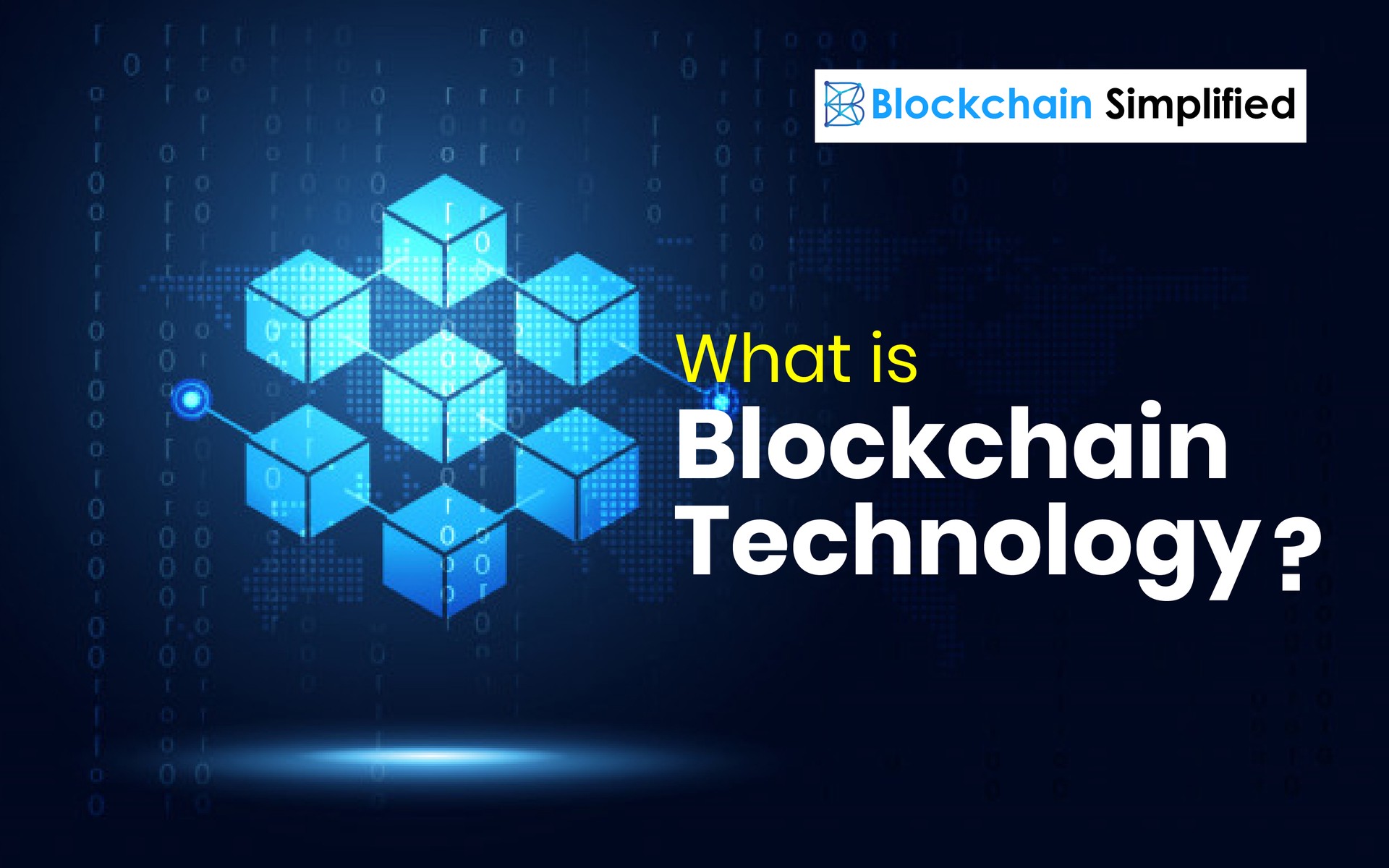
Blockchain technology is essentially a digital ledger that records data in a secure and immutable manner. It is a chain of blocks, where each block contains a set of data and a unique code called a hash. The blocks are linked together in a chronological order, creating a chain of information. This decentralized system ensures that the data cannot be altered or deleted, providing a high level of security and transparency.
How Does it Work?
Blockchain technology works through a network of computers, known as nodes, which validate and record transactions. When a new transaction is initiated, it is broadcasted to all the nodes in the network. The nodes then verify the transaction using complex algorithms and reach a consensus on whether it is valid or not. Once the transaction is verified, it is added to a block and linked to the previous block, creating a chain of information that cannot be tampered with.
Advantages of Blockchain Technology
- Decentralization: One of the key advantages of blockchain technology is its decentralized nature, which eliminates the need for intermediaries and allows for peer-to-peer transactions.
- Security: The use of complex algorithms and encryption techniques makes blockchain technology highly secure, reducing the risk of fraud and hacking.
- Transparency: With every transaction being recorded on a public ledger, blockchain technology offers a high level of transparency, allowing for greater trust between parties.
- Cost-Efficiency: By eliminating intermediaries, blockchain technology reduces transaction costs, making it a cost-effective solution for businesses.
- Speed: Transactions on the blockchain are processed and verified quickly, eliminating the need for lengthy processes and paperwork.
How to Use Blockchain Technology

Blockchain technology has a wide range of use cases, from financial transactions to supply chain management. Here are some examples of how it can be used:
Financial Transactions
Blockchain technology is most commonly associated with cryptocurrencies such as Bitcoin. It allows for secure and fast peer-to-peer transactions without the need for banks or other financial institutions. This not only reduces transaction costs but also provides individuals with more control over their finances.
Supply Chain Management
The use of blockchain technology in supply chain management can greatly improve transparency and traceability. By recording every step of the supply chain on the blockchain, companies can track the origin and movement of their products, ensuring authenticity and reducing the risk of counterfeit goods.
Smart Contracts
Smart contracts are self-executing contracts that automatically enforce the terms of an agreement between parties. They are built on blockchain technology, providing a secure and transparent way to conduct business transactions without the need for intermediaries.
Examples of Blockchain Technology in Action

- IBM Food Trust: This blockchain-based platform allows food producers, suppliers, and retailers to track the origin and movement of food products, ensuring food safety and reducing waste.
- Everledger: This platform uses blockchain technology to track the origin and ownership of diamonds, reducing the risk of fraud and counterfeit diamonds in the market.
- Provenance: This blockchain-based platform allows consumers to trace the journey of their products, from raw materials to finished goods, promoting transparency and ethical practices in supply chains.
Comparisons with Traditional Systems

One of the main advantages of blockchain technology is its decentralization, which sets it apart from traditional systems. In traditional systems, there is a central authority that controls and verifies transactions, while in blockchain technology, the verification process is decentralized, making it more secure and transparent. Additionally, traditional systems often involve lengthy processes and paperwork, while blockchain technology offers a faster and more efficient alternative.
Advices for Implementing Blockchain Technology
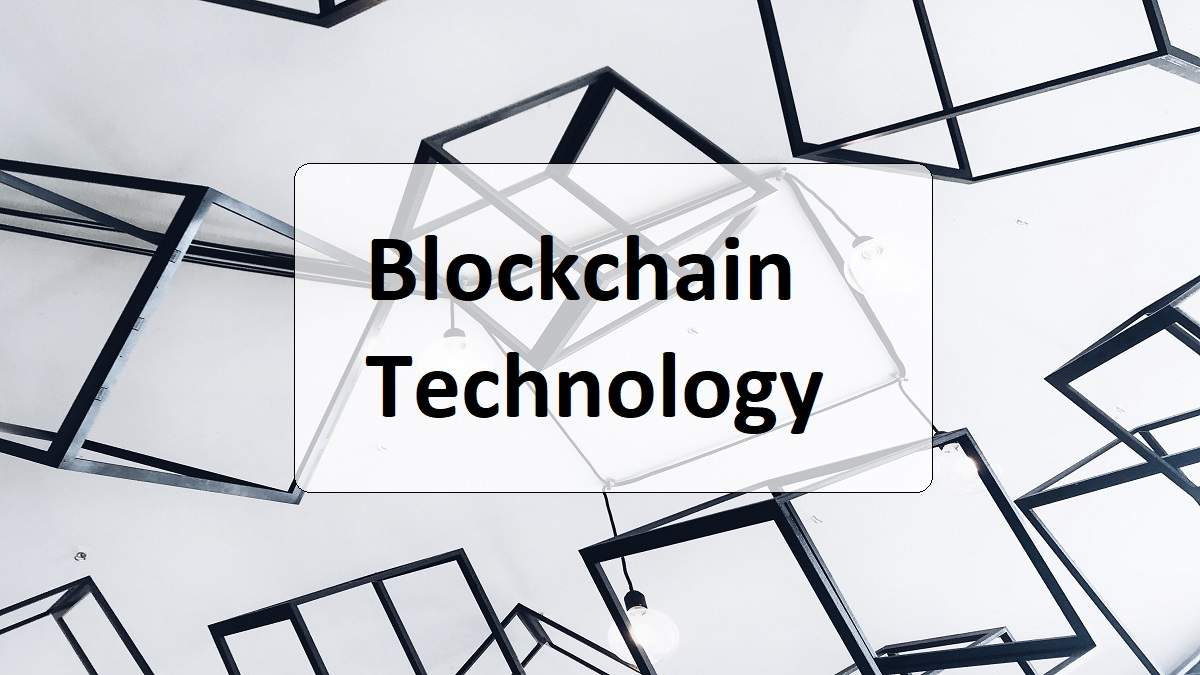
- Identify the problem: Before implementing blockchain technology, it is important to identify the specific problem or inefficiency that it can solve in your business.
- Research and choose the right platform: There are various blockchain platforms available, each with its own features and capabilities. It is crucial to research and choose the one that best suits your needs.
- Collaborate with experts: Implementing blockchain technology can be complex, so it is advisable to collaborate with experts who have experience in this field.
- Train employees: As with any new technology, it is important to train employees on how to use blockchain technology effectively.
- Start small: Instead of implementing blockchain technology across all processes at once, start with a small-scale project to test its effectiveness and make necessary adjustments before scaling up.
FAQs
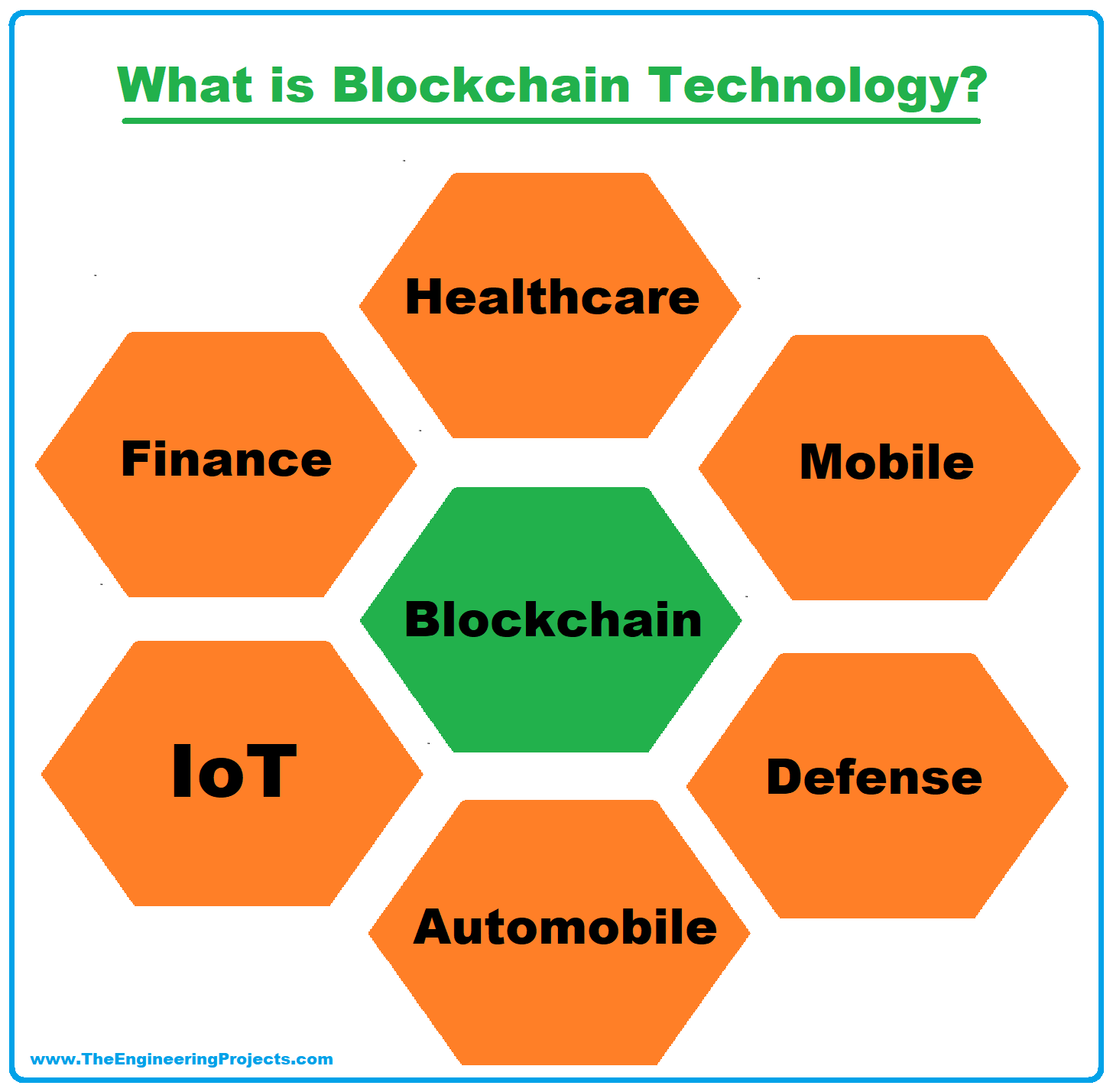
What is the difference between blockchain and cryptocurrency?
Blockchain is the underlying technology that enables cryptocurrencies to function. While blockchain is a digital ledger that records data, cryptocurrencies are digital assets that can be exchanged using blockchain technology.
Is blockchain technology only used for financial transactions?
No, blockchain technology has a wide range of use cases, including supply chain management, healthcare, voting systems, and more.
How does blockchain ensure security?
Blockchain technology uses complex algorithms and encryption techniques to secure data. Additionally, the decentralized nature of blockchain makes it difficult for hackers to tamper with the data.
Can blockchain technology be used for personal data?
Yes, blockchain technology can be used to store and secure personal data, providing individuals with more control over their personal information.
Is blockchain technology accessible to everyone?
While blockchain technology is still relatively new, there are many platforms and tools available that make it accessible to businesses and individuals.
Conclusion
Blockchain technology has the potential to transform various industries and revolutionize the way we conduct transactions. Its decentralized nature, security, and transparency make it a promising solution for many of the challenges faced by traditional systems. As more businesses and industries adopt blockchain technology, we can expect to see even greater advancements in the digital world.





